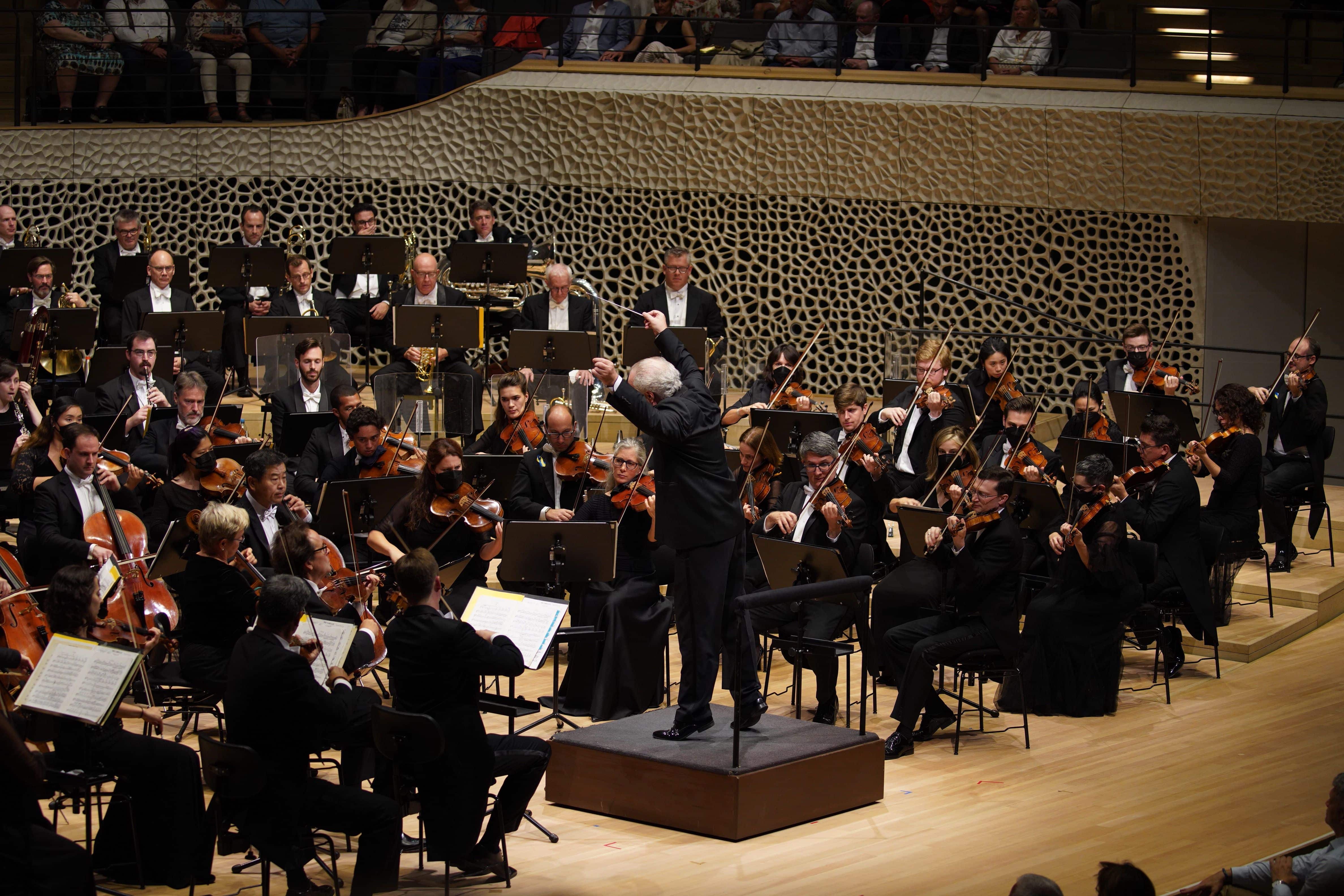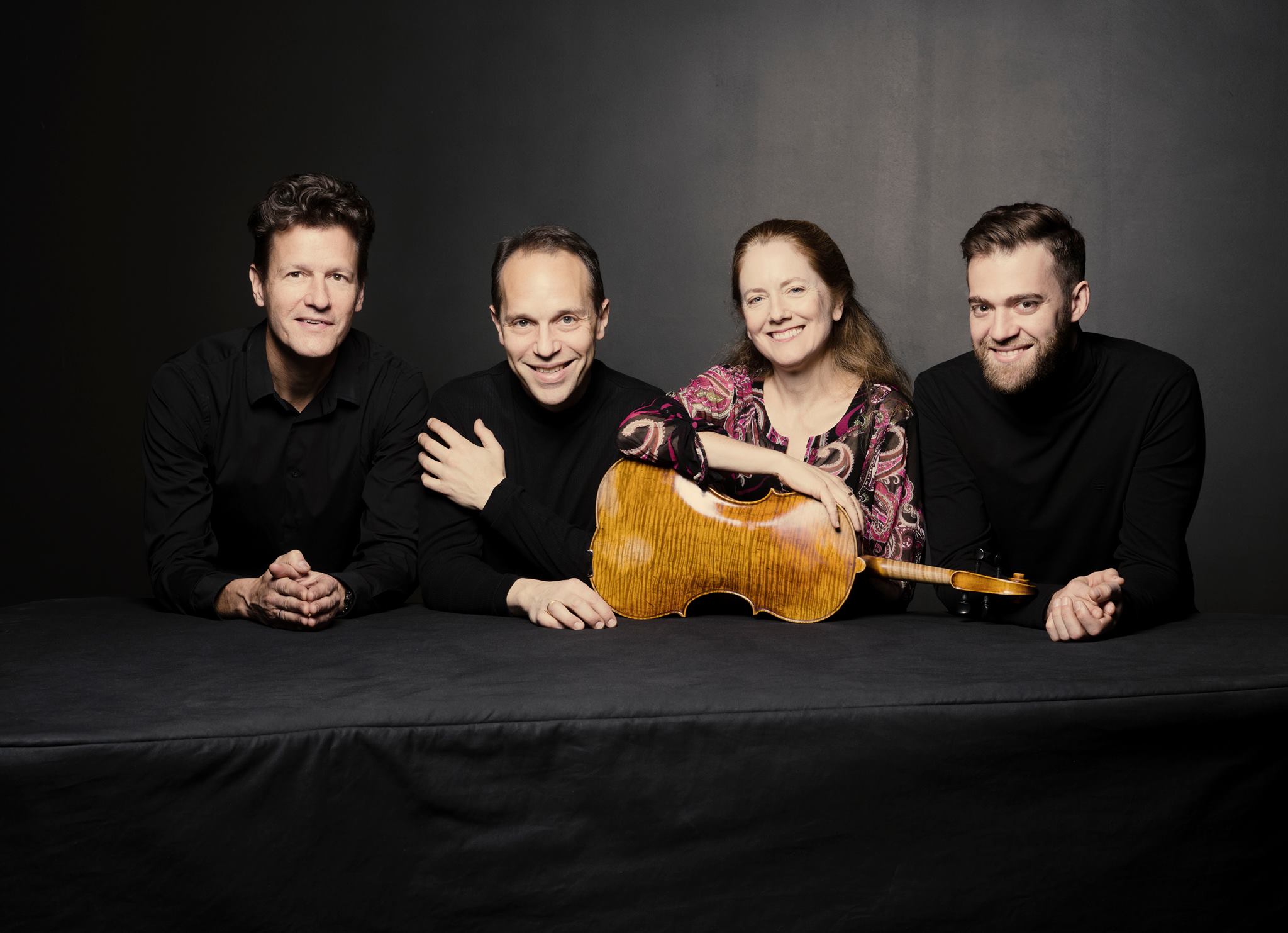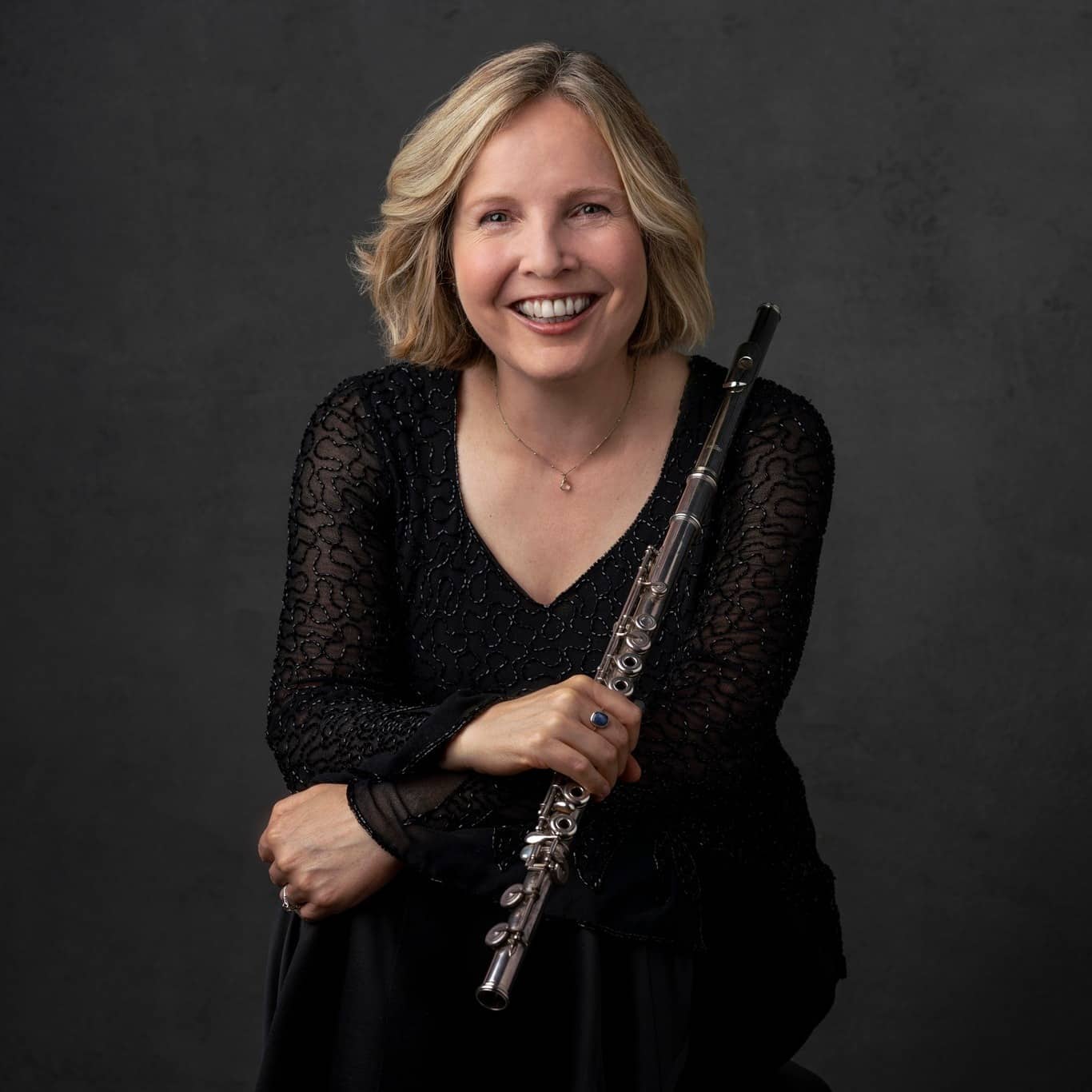Can Pittsburgh sound overwhelm a German hall?
NewsThe Pittsburgh Orchestra played Hamburg’s Elbphilharmonie last night on its European tour. Shirley Apthorp reviews the concert exclusively for slippedisc.com.
Late summer sees the migratory flights of big-name orchestras. The Berliner Philharmoniker, the LSO, the Concertgebouw, Rotterdam, Cleveland, Philadelphia, and the LSO, to name just a few, are currently or will shortly be on the road. The Pittsburgh Orchestra’s Hamburg concert last night was part of a nine-city European tour with its chief conductor, Manfred Honeck.
Why do orchestras tour? Germany is not short of decent orchestras. Can Pittsburgh do anything that Berlin cannot?
Perhaps this is like asking why you need one friend when you have another. For all the talk about the internationalisation of orchestral culture, each symphony orchestra does boast a distinctive sound, and can shed new light on old works.
In the end, though, orchestras tour primarily for themselves. And it was increasingly clear in the course of Wednesday’s concert in Hamburg’s iconic Elbphilharmonie that the players relished a hall where they could play as loudly as humanly possible without causing acoustic havoc.
But Honeck did not often let them loose. Much of his time was spent crafting fantastic pianissimi, showing fanatical control and remarkable precision.
Ligeti’s 1967 Lontano presents the orchestra in shimmering waves of sound. It is hard not to picture Kubrik’s cinematic images with Ligeti’s score (Lontano has much in common with Atmosphères, though the film-maker, for all that he boosted awareness of Ligeti’s music, seemed barely to respect the composer – he used the score without paying, later settling out of court with a one-off fee of US$3000.
That Ligeti’s music is worth more was apparent in every note.
Ravel’s G major piano concerto with Helène Grimaud showed an orchestra that is light on its feet, fast with its responses, and at home with Ravel’s jazz references. Grimaud’s playing is clean and articulate, athletic and translucent; neither she nor Honeck have time for sentimentality.
In Mahler’s first symphony, Pittsburgh showed that it can be at least Viennese as it is American. Honeck, conducting without a score, shows more interest in Mahler’s black, biting humour than he does in anything numinous. His Mahler, attentive to the score’s many tempo indications, has both velvet delicacy and sledge-hammer violence. It is spectacular without being cultish; Honeck revels in the score’s sardonic moments, but also lets us glimpse vulnerability between the bar-lines.
Honeck, who has been with the orchestra for 15 seasons, has just had his contract extended until 2027/28, and it’s easy to see why. The orchestra feels secure with him, and implicitly trusts his downbeat – trite though it may sound, this is rare. Together, they can find depth and nuance in a score, and explore the acoustic vagaries of the world’s leading concert halls.
Is this tour worth its US$3 million price-tag? You would have to ask the players. From its enthusiastic response, the Hamburg audience clearly thought so.
photo: Julie Goetz






The Pittsburgh symphony is a gem of an orchestra! Second to almost none in the USA. Honneck and the PSO are a very good match. Their Mahler 5 in Berlin many years ago was one of the best I have heard.
What is better for the environment: 100 Pittsburgh musicians flying to Europe on 1 flight at 1 time, or 2,000 European tourists flying to Pittsburgh on 2,000 flights over a long time?
I’m being facetious. Of course no European tourist flies to Pittsburgh at ANY time.
Ha ha, I’m kidding. Pittsburgh and Honeck are the darlings of the New York Times classical music department.
A big part of the reason that excellent orchestras from the Americas and Australia tour is to get reviews like this one — from critics in the heart of the European scene who hear plenty of the world’s best orchestras. It’s proof that it’s not just the local newspaper’s critic, or even the critic from one or two big national papers, that thinks this orchestra is outstanding. (Same for getting responses from audiences like the ones in Hamburg or Berlin or Vienna or London.)
A very well-written review, by the way.
“A very well-written review, by the way.”
I fully second that. Excellent, you-are-there writing. More please from Shirley Apthorp.
I was there.It´s been a relevation.Fantastic music making,highly individual,great conducting.Bravi tutti!!!!!!!
Pittsburgh seems to travel with Mahler quite often. I heard them with the Mahler 1 in Vienna in 2010.
I had not heard a specific outcome of Ligeti v. Kubrick before.
$3000 sounds cheap, even in 1960s dollars.
It’s worth noting that the lawsuit did not prevent Ligeti and Kubrick from subsequently becoming friends.
Ligeti actually accompanied Kubrick’s widow, Christiane for the German premier of Eyes Wide Shut, which contained some typically eerie Ligeti piano music.
Ligeti’s music was the only thing about that film I enjoyed. Couldn’t make it to the end. Kubrick’s work became increasingly cold and mechanistic as he aged. The last fully realized character he created, HAL in “2001”, wasn’t even human.
For what it’s worth, I agree with you Max. “Paths of Glory” is arguably his “warmest” film that I’ve seen. My favorite is “Dr. Strangelove.” An out and out masterpiece.
And yes, his films are extremely cold. I’m not sure why he’s so beloved in so many quarters.
Put me in the Ernst Lubitsch and Billy Wilder camp instead.
I don’t agree, Max.
Eyes Wide Shut showed that Kubrick remained a master of incorporating pre-existing music into his films.
Besides Ligeti, Eyes Wide Shut made excellent use of Shostakovich, Liszt, Oscar Peterson, Chris Isaak and the Mozart Requiem.
It’s good to know that K & L made up. As for Eyes Wide Shut, I presume that by that time, the producers made sure to obtain the performance rights and that Ligeti got more than $3k.
Did The Shining also use some of Ligeti’s music, or am I misremembering?
That Ligeti “Musica Ricercata II: Mesto, Rigido e Cerimonale” in EWS was magically sinister indeed within the context of that infamous scene. ♥
Kubrick might have been the best director who ever made a film. But he was well known as a cheap……..
It’s the Pittsburgh Symphony Orchestra.
The Pittsburgh Symphony’s love of Mahler dates back to the early 1960’s when it’s long-time conductor, William Steinberg, championed his music by scheduling periodic cycles of Mahler Symphonies.
And going back to 1945, with Fritz Reiner conducting, Mahler’s Lieder eines fahrenden Gesellen, with Carol Brice — a pretty good sounding recording even on the original 78s, which I own.
Now that Vanska’s leaving Minnesota, the current greatest American orchestra is almost beyond question. Only Cleveland now compares to Pittsburgh.
Oh how I envy those who can drive between the two every week.
We live in DC and have traveled to Pittsburgh on several occasions to hear the PO. This is a wonderful orchestra and Hoeneck is a fine conductor. One year we went to the last concert of the season Bronfman in Liszt and the PO in a wonderful performance of M 1. The hall was half empty. That City has no clue how great of an institution that have in their midst.
I think Pittsburgh has the #1 brass section of any orchestra in North America or Europe.
The PSO brass section is still quite mighty, but they no longer have their first trumpet who could knock down walls with a single blast and whisper more quietly than a butterfly. His replacement is good, but is not nearly as accurate nor interesting and imaginative. Their first horn Caballero is the world’s best.
Pete S …..
American orchestras tour Europe in part to show those Euros that the vulgar Americans can play their music as well as they can. Often better. And the musicians want to be part of the music world – on both sides of the ocean.
Top ten US orchestras —
Boston, Chicago, Cleveland, Philadelphia, New York, Los Angeles, San Francisco, Pittsburgh, Minnesota, pick one : St. Louis, Cincinnati, Baltimore, D.C., Atlanta, Dallas
Why not add Seattle, Houston, Nashville, Milwaukee, Detroit? They’re all great.
Orchestras tour because they have the money to do so, and many great orchestras do not. That’s really it.
We’ve now heard Honeck and the PSO do Mahler’s First at least six times. It never quite comes out the same and I sit and wonder to myself “How have I failed to hear ‘this or that little bit’ in a score I thought I knew pretty darn well?”
The PSO is our “Home Team” and boy, are we delighted! I have often remarked that there is not a city in the world where one can hear a better symphony for less money! Can you believe at home the seats start at $20?!
We wish Honeck and our players all the best as they continue a wonderful tour!
Oddly enough, the very first Mahler symphony I ever heard was the First conducted by Honeck with the BBC Symphony Orchestra on a live CD issued with their magazine probably 20 years ago. I was enthralled with it. I have since driven from Washington DC to Pittsburgh periodically to hear the Pittsburgh Symphony and have always been very impressed. (Also saw a very good performance there conducted by Andre Previn with AS Mutter playing his concerto.)